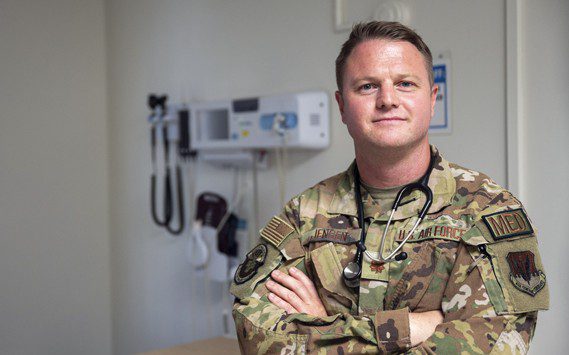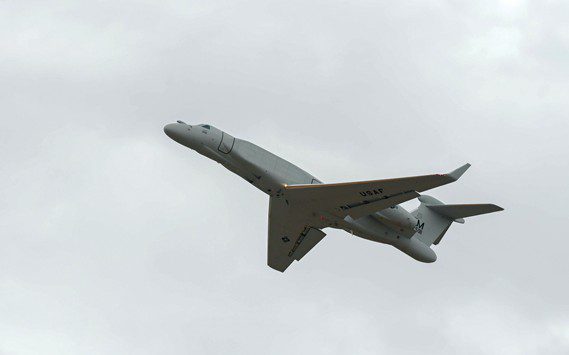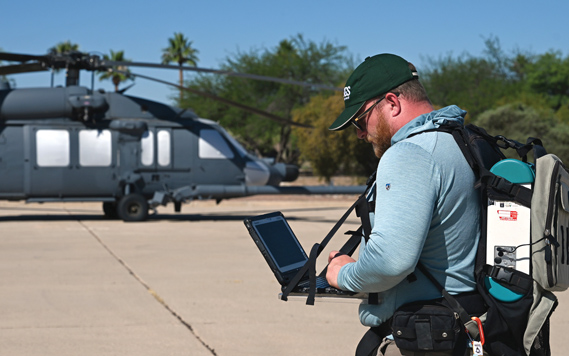MOODY AIR FORCE BASE, Ga. —i Dr. Martin Luther King Jr. shared his dream with the world Aug. 28, 1963, on the steps of the Lincoln Memorial in Washington D.C. during the March on Washington for Jobs and Freedom. He called for an end to racism.
Fast forward to now. When I wake up in the morning, I am his dream. I am black and every day I serve as an equal with my brothers and sisters in arms.
Sixty years ago, as an African American, I wouldn’t have been able to freely pursue this career that I love. This fact wouldn’t be true due to a lack of qualifications, but simply because of the color of my skin. Fortunately, times have changed and the Air Force I love has changed.
According to the Defense Department, today approximately 15 percent of the more than 300,000 people who serve on active duty Air Force are African American, but this privilege did not come without sacrifices.
While facing the hardships of segregation in America such as being made to sit in the back of the bus and use separate water fountains, African Americans attended different schools, churches, businesses and more. In spite of that, African Americans such as the Tuskegee Airmen wanted to do their part. They joined the fight for rights they themselves didn’t have in America.
During this time, it was still widely accepted that African Americans were inferior, but still they joined the fight to defeat Adolf Hitler and his ideology. Even though they couldn’t battle beside their Caucasian counterparts, they felt a sense of patriotism and refused to let the history books be written without them.
The Tuskegee Airmen conducted approximately 15,000 combat sorties and earned more than 150 Distinguished Flying Crosses. As World War II came to an end, their success made it impossible to ignore the need for a more diverse service.
In 1948, President Harry Truman signed an executive order integrating the military but that order did little to change the culture. In fact, Gen. Daniel “Chappie” James, who was the first black to reach the rank of four-star general, didn’t earn this distinction until 1975.
As Black History Month kicks off, I challenge everyone to learn about people like Chief Master Sgt. Thomas Barnes. He was the first black chief master sergeant of the Air Force and Chief Master Sgt. Kaleth Wright became the second Feb. 17, 2017. Additionally, I encourage everyone to research Maj. Shawna Kimbrell, the Air Force’s first female African-American fighter pilot.
I challenge you to research someone’s history other than your own. I challenge you to get to know about some of the service members, who came before us and made serving possible today. The reality of life is that we can never truly know the way ahead unless we know where we came from as a person, as a race, as a society and lastly as an Air Force.
It is an honor to be among the African Americans who serve. Today, I say to Dr. King, “Dreams do come true.”











